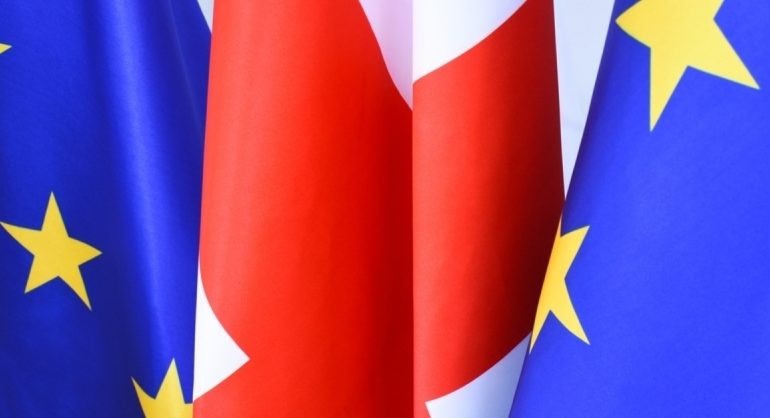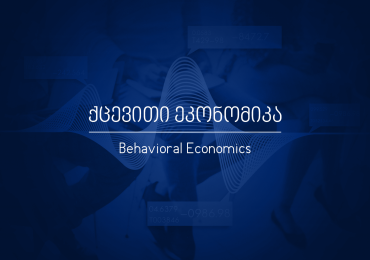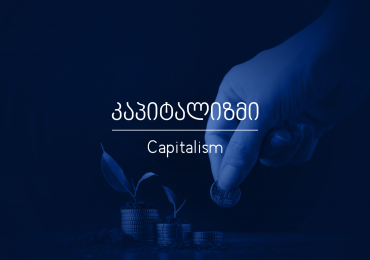The EU parliament also offers various recommendations related to workforce, corruption, energy, and trade.
The European Parliament released the report assessing Georgia’s implementation of the Association Agenda. The report reviews the state of play of various sectors in Georgia on the implementation of the Association Agenda. The EU parliament also offers various recommendations related to workforce, corruption, energy, and trade.
The EU advises Georgia to use highly qualified personnel in the process of implementing the Association Agenda. The EU parliament recommends Georgia to have relevant and enough specialists in each of the ministries involved in the process of Euro-integration. The report also talks about the importance of involving the public in the process.
The European Parliament states that Georgia has had good results in fighting against corruption, which was reflected in various ratings. However, high level-elite corruption remains a serious issue. The report calls on Georgia to make anticorruption agency an independent and free body.
“Fighting corruption requires an independent judiciary and a solid track record of investigations into high-level cases of corruption” – states the report, which also points out that the judicial system and judiciary independence needs to be strengthened.
The EU welcomes the government’s emphasis on creating more jobs as well as labour rights particularly the adoption of the law on occupational safety. However, calls on Georgian Parliament to widen the scope of the legislation to avoid exemptions. The EU parliament reminds Georgia of the obligation to respect international labour rights standards and stresses the need to transform Labour Inspection Department into a fully-fledged and independent labour inspection system in order to protect the worker’s rights.
The report points out that the EU is Georgia’s largest trade partner and represents almost a third of total trade. In addition, the EU is the most significant donor and the largest source of foreign direct investments. EU welcomes the implementation of the structural reforms targeting economic development, business development, and maximizing benefits provided by the DCFTA.
“Notes positively the progress Georgia has made in the approximation of its legislation in trade-related areas, including sanitary and phytosanitary measures, but calls for more progress in food safety” – writes the report. “Underlines the importance of ongoing structural reforms related to the improvement of the investment climate in Georgia”.
The report emphasizes the need to guarantee a fair distribution of the results of the Georgian economy’s growth among the population, and of implementation of the AA for the benefit of SMEs;
The EU welcomes the export of new products to the EU. However, points out that the country still produces largely agricultural products and raw materials for export.
For this reason, the EU parliament calls on Euro Commission to aid Georgia to identify Georgia’s export products and to diversify economically.
The report welcomes public procurement progress, but stresses the importance of an impartial and independent review body; it calls on the government to make this process more transparent, in particular by creating a competitive environment and avoid direct procurement.
With regards to the energy sector – the European Parliament recommends the Georgian authorities to develop a strong energy strategy, reduce the level of energy subsidies, and strengthen the security of energy supply and energy independence.
The report welcomes efforts to establish renewable energy sources and the commencement of developing legislation on energy-efficiency.
დატოვე კომენტარი
















